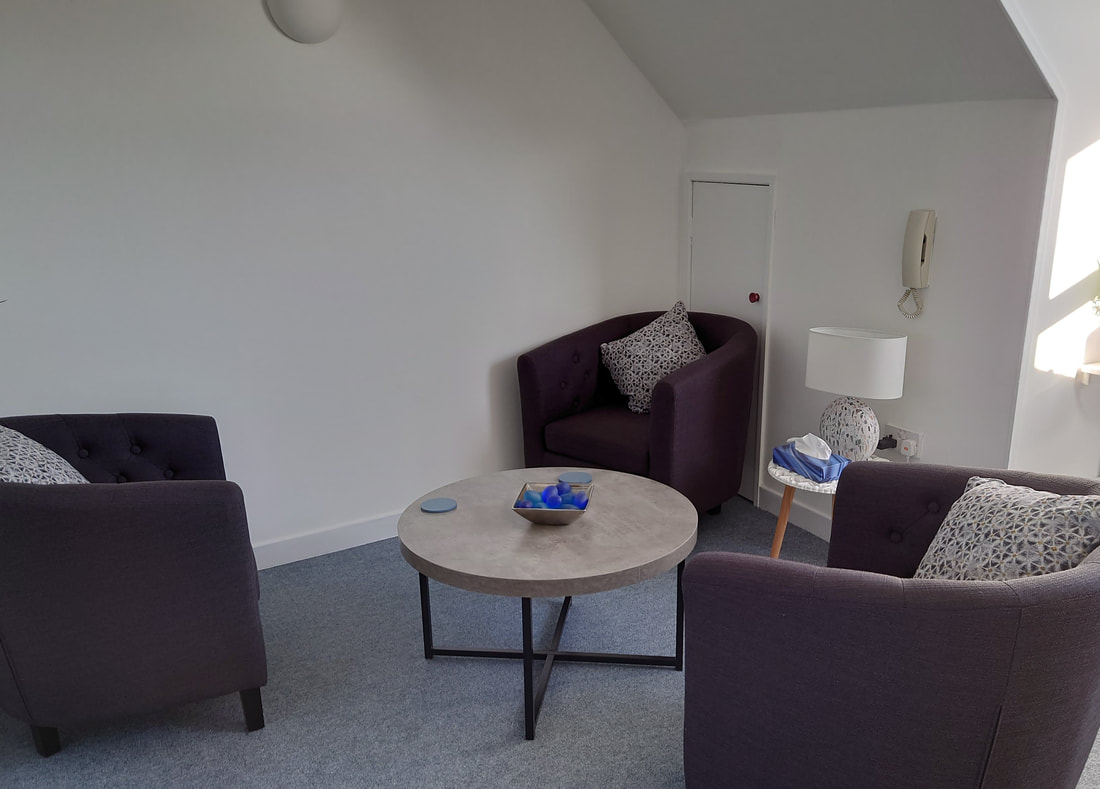"I knew you'd decide to be alright again"
Sylvia Plath, The Bell Jar
Frequently Asked Questions
What kind of things do people attend counselling for?
Counselling offers the individual the opportunity to attend to their feelings, emotions and thoughts in a more specific, attentive and supportive way. Counselling is a safe, objective space in which to explore and talk through those troubling emotions, behaviours or thoughts. Often talking out loud to someone else can help clarify and untangle complex emotional issues which if not dealt with can leave us feeling stuck.
How does counselling help?
Counselling can help in a variety of ways - with understanding the origins of your emotions, recognising how these affect your thoughts and ultimately how they both influence your behaviour. As a result, counselling will help you to think more clearly, manage your emotions better, choose more effective ways of behaving, open up your options and feel more in control.
Is what I say confidential?
Yes - client-therapist conversations are private and confidential. Only in very rare exceptions where either your safety or someone else’s safety is at risk would I be obliged to disclose details to an other professional.
What happens at the first session?
We will discuss the issues that have brought you to counselling and look at what you would like to get out of attending the sessions. We will also review the CBT model and discuss how we could work together using this model.
How long does a counselling session take?
Sessions are normally scheduled for 60 minutes and can be weekly or fortnightly depending on your needs and the nature of the issue which has prompted you to attend.
How much do sessions cost?
Sessions cost £70 per hour and are payable at the end of the session either by card, cash or BACS
Counselling offers the individual the opportunity to attend to their feelings, emotions and thoughts in a more specific, attentive and supportive way. Counselling is a safe, objective space in which to explore and talk through those troubling emotions, behaviours or thoughts. Often talking out loud to someone else can help clarify and untangle complex emotional issues which if not dealt with can leave us feeling stuck.
How does counselling help?
Counselling can help in a variety of ways - with understanding the origins of your emotions, recognising how these affect your thoughts and ultimately how they both influence your behaviour. As a result, counselling will help you to think more clearly, manage your emotions better, choose more effective ways of behaving, open up your options and feel more in control.
Is what I say confidential?
Yes - client-therapist conversations are private and confidential. Only in very rare exceptions where either your safety or someone else’s safety is at risk would I be obliged to disclose details to an other professional.
What happens at the first session?
We will discuss the issues that have brought you to counselling and look at what you would like to get out of attending the sessions. We will also review the CBT model and discuss how we could work together using this model.
How long does a counselling session take?
Sessions are normally scheduled for 60 minutes and can be weekly or fortnightly depending on your needs and the nature of the issue which has prompted you to attend.
How much do sessions cost?
Sessions cost £70 per hour and are payable at the end of the session either by card, cash or BACS
|
